Rosemary Oil for Hair Growth: Benefits, How to Use, Side Effects
Evidence Based
All the information in this blog post is accurate, trustworthy, scientifically based and has been written and fact-checked by our experts and doctors.
Our licensed nutritionists and dietitians are committed to being objective, unbiased and honest, presenting all sides of the argument.
This article includes scientific references in brackets, which are clickable links to research papers from reputable academic organizations.

Rosemary oil is an essential oil derived from the leaves of the rosemary plant (Rosmarinus officinalis), a fragrant herb native to the Mediterranean region. This essential oil is known for its aromatic and therapeutic properties and has been used for various purposes for centuries, including aromatherapy, culinary applications, and traditional medicine.
How to Prepare Rosemary Oil?
Rosemary oil is typically made in the following steps:
1. Harvesting:
The first step in making rosemary oil is to harvest fresh rosemary leaves. These leaves are usually collected when the plant is in full bloom to ensure maximum oil content and aroma.
2. Distillation:
The most common method for extracting rosemary oil is steam distillation. In this process, the harvested rosemary leaves are placed in a still or distillation apparatus. Steam is passed through the plant material, causing the oil to evaporate. The steam and oil vapor mixture is then condensed and collected.
3. Separation:
After distillation, the collected liquid is a mixture of water and essential oil. The oil is less dense than water, so it floats on top. This layer is separated from the water, and what remains is pure rosemary essential oil.
4. Bottling and Storage:
The final rosemary essential oil is typically stored in dark glass bottles to protect it from light and oxidation, which can degrade its quality over time. Properly stored, rosemary oil can have a relatively long shelf life.
Amazing Benefits of Rosemary Oil for Hair Growth
Rosemary oil is often used for its potential benefits in promoting hair growth and maintaining healthy hair. While scientific research on its effectiveness is ongoing, some anecdotal evidence and traditional wisdom suggest that it can be beneficial for hair.
Here are some of the potential benefits of rosemary oil for hair:
1. Stimulating Hair Growth:
Rosemary oil is believed to improve blood circulation to the scalp, which may in turn promote hair growth. Improved circulation can help deliver more nutrients and oxygen to hair follicles, potentially encouraging the growth of new hair.
2. Reducing Hair Loss:
Some people use rosemary oil to help prevent hair loss and reduce the incidence of thinning hair. Its potential ability to strengthen hair and improve hair follicle health may contribute to this benefit.
3. Dandruff and Scalp Health:
Rosemary oil has antimicrobial and anti-inflammatory properties that may help combat dandruff and maintain a healthy scalp. A healthy scalp is essential for supporting healthy hair growth.
4. Improving Hair Texture:
Rosemary oil is rich in antioxidants, which can help protect hair from damage caused by free radicals. This can contribute to improved hair texture and shine.
5. Preventing Premature Graying:
Some people believe that rosemary oil may help delay the onset of premature graying of hair due to its potential antioxidant properties.
[ Read: How to Reverse Grey Beard Naturally? ]
How to Use Rosemary Oil for Hair Growth?
To use rosemary oil for hair care, you can dilute it with a carrier oil (such as coconut oil, jojoba oil, or olive oil) and apply it directly to your scalp and hair.
Here's a simple way to create a rosemary oil hair treatment:
Ingredients:
- 2-3 drops of rosemary essential oil
- 1-2 tablespoons of carrier oil
Instructions:
- Mix the rosemary oil with the carrier oil in a small bowl or bottle.
- Apply the oil mixture to your scalp and massage it in gently.
- Leave it on for at least 30 minutes, but you can also leave it overnight for a deep conditioning treatment.
- Wash your hair thoroughly with a mild shampoo.
Repeat this treatment a few times a week or as needed. Always perform a patch test before applying any essential oil to your skin to check for any allergic reactions or skin sensitivities.
While many people have reported positive results with rosemary oil for hair care, individual responses may vary. It's important to be patient and consistent with its use.
Potential Side Effects of Rosemary Oil:
While rosemary oil is generally considered safe for topical use, some individuals may experience side effects or skin sensitivities.
Here are a few considerations:
1. Skin Irritation:
Some people may experience skin irritation, redness, or itching when using rosemary oil. This is why performing a patch test is crucial before using it on your scalp.
2. Allergic Reactions:
Rarely, individuals may be allergic to rosemary oil, leading to more severe skin reactions. If you experience any signs of an allergic reaction, such as swelling, hives, or difficulty breathing, seek medical attention immediately.
3. Scalp Sensitivity:
If you have a sensitive scalp or any existing scalp conditions, be cautious when using essential oils. It's best to consult with a dermatologist before starting any new treatment.
4. Eye Irritation:
Be careful not to get rosemary oil in your eyes, as it can cause irritation. If accidental contact occurs, rinse your eyes thoroughly with water.
5. Pregnancy and Nursing:
Pregnant or nursing individuals should consult with a healthcare provider before using essential oils, including rosemary oil, as there isn't enough research to determine their safety during these periods.
Always use essential oils, including rosemary oil, in moderation and follow proper dilution guidelines. If you experience any adverse reactions or have concerns about using essential oils, consult a healthcare professional or dermatologist for personalized guidance. Additionally, if you have underlying medical conditions or severe hair loss, it's advisable to seek professional advice for a comprehensive approach to hair care and growth.
Also Read the Articles:
Disclaimer: The information provided on this page is not a substitute for professional medical advice, diagnosis, or treatment. If you have any questions or concerns about your health, please talk to a healthcare professional.

 Evidence Based
Evidence Based
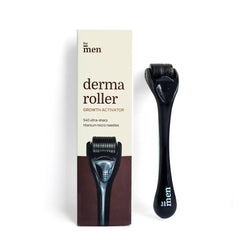
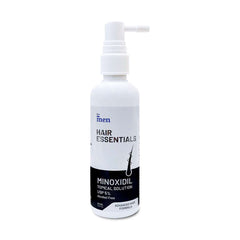
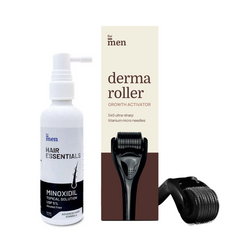

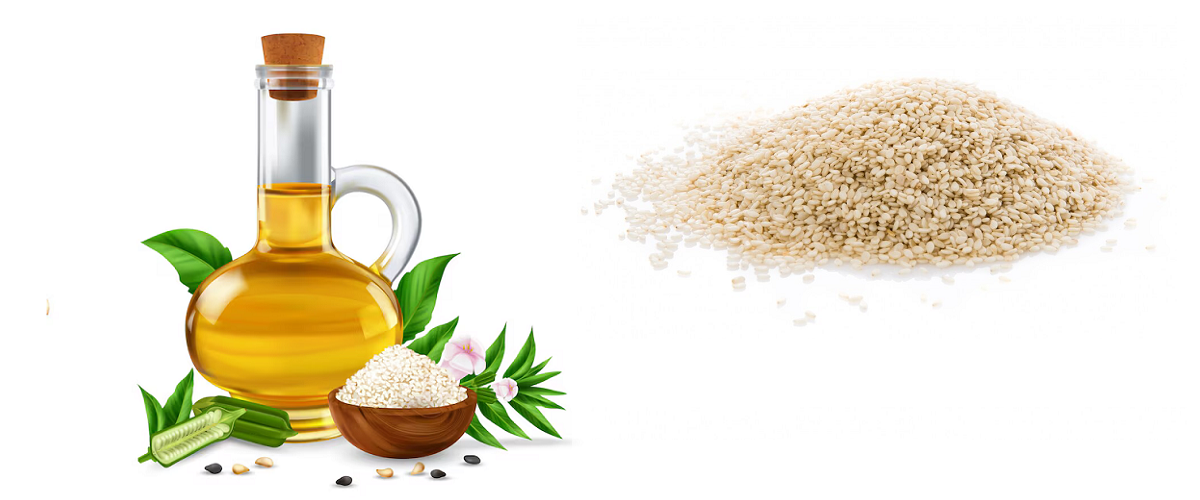
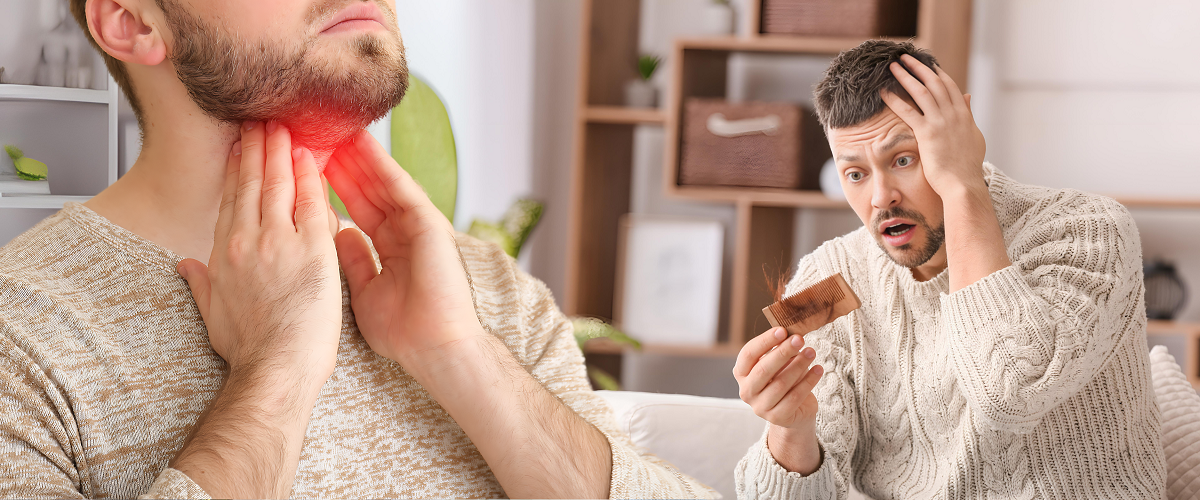
Leave a comment